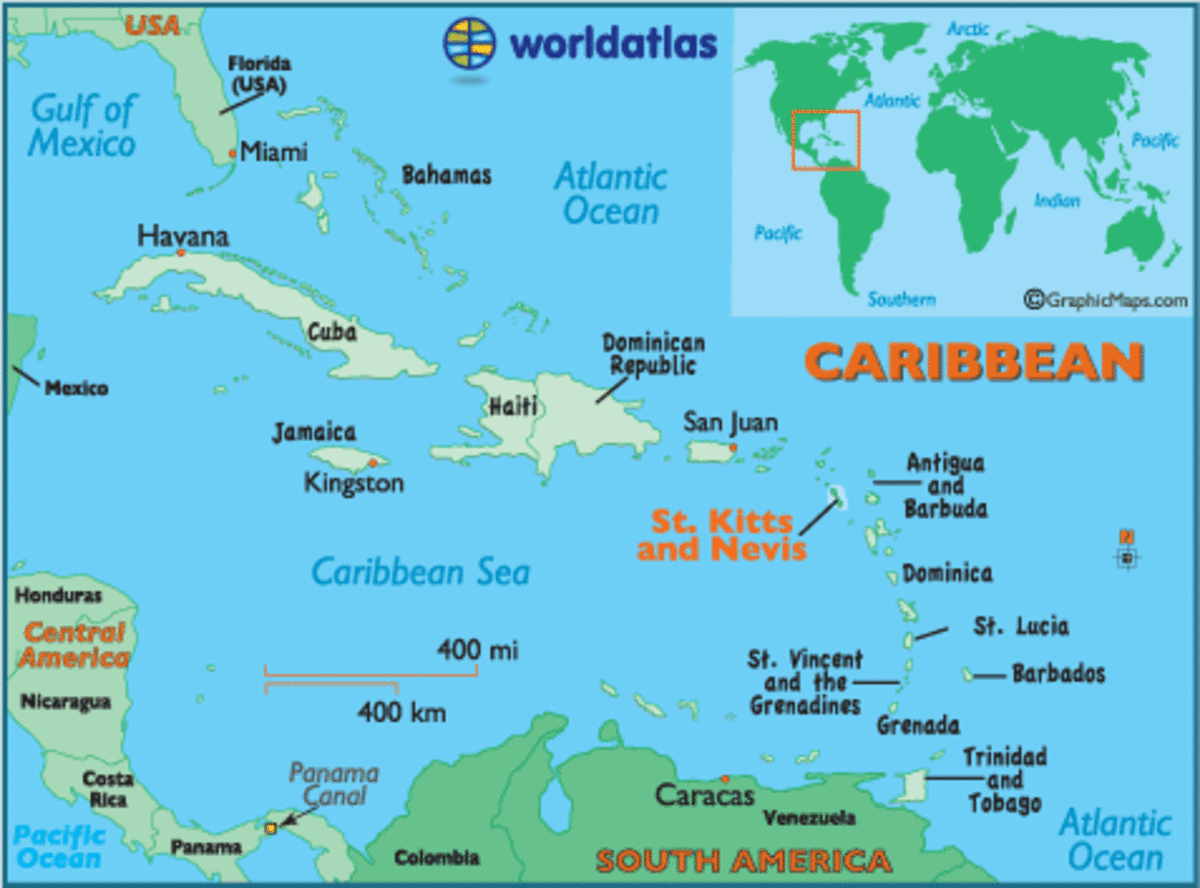Federalist No. 84 by Alexander Hamilton - Book Review

Very controversial in nature, Alexander Hamilton’s stipulation throughout The Federalist #84 of the Federalist Papers led the opposition against a proposed Bill of Rights in addition to a Constitution. Hamilton expresses the notion that with the approval of a proposed Bill of Rights, all other rights, whereas not mentioned throughout the document, wouldn’t be acknowledged as rights and therefore, proposed Bill of Rights would do more harm than good. Hamilton says in the document, “It has been several times truly remarked that bills of rights are, in their origin, stipulations between kings and their subjects, abridgments of prerogative in favour of privilege, reservations of rights not surrendered to the prince. Such was Magna Charta, obtained by the barons, sword in hand, from King John. Such were the subsequent confirmations of that charter by succeeding princes...and afterwards thrown into the form of an act of parliament called the Bill of Rights. It is evident, therefore, that according to their primitive signification they have no application to constitutions professedly founded upon the power of the people, and executed by their immediate representatives and servants.”
Hamilton goes on to conclude that the people do not lose any preposed right within the Constitution and therefore is no ground for a Bill of Rights. This is a direct inclination toward the interfering aspects of government that the colonies wished to become independent of. Hamilton wishes for the least amount of law, and believes that laws presented for the people would in fact work against the people. The Constitution of the United States included the writ of Habeas Corpus, no ex-post facto law, and exclusions of titles of nobility. In other words, the Constitution had all of the necessary laws needed by freemen.
Hamilton goes on to say on the a proposed Bill of Rights that, “They would contain various exceptions of powers not granted; and, on this very account, would afford a colourable pretext.” This turns the table and inclines toward the lack of government that Bill of Rights would infer. With a granted set of power, people would progress and claim larger levels of power through said given laws. This points out given flaws throughout the justice system currently, and how citizens guilty of crimes committed will hide behind said given rights and never be found guilty.
This is a proposed method of rebuttal towards the Constitution, and Hamilton feels that there is a deeper underlying message between the rights of men to have more freedoms and therefore link the fall of government and rise of anarchy.








